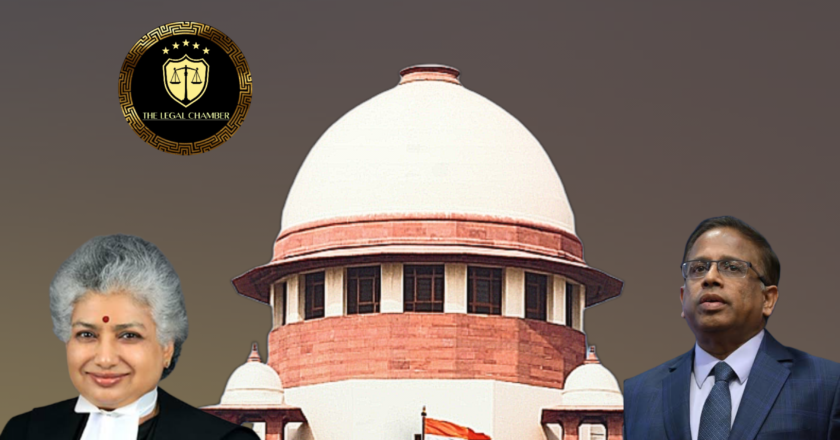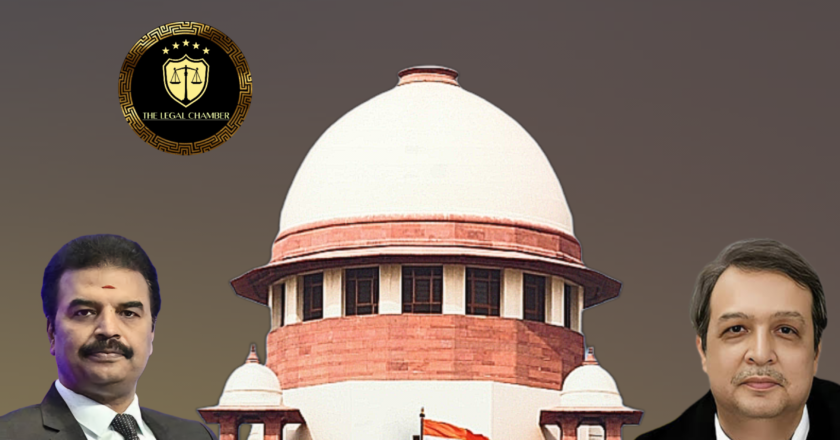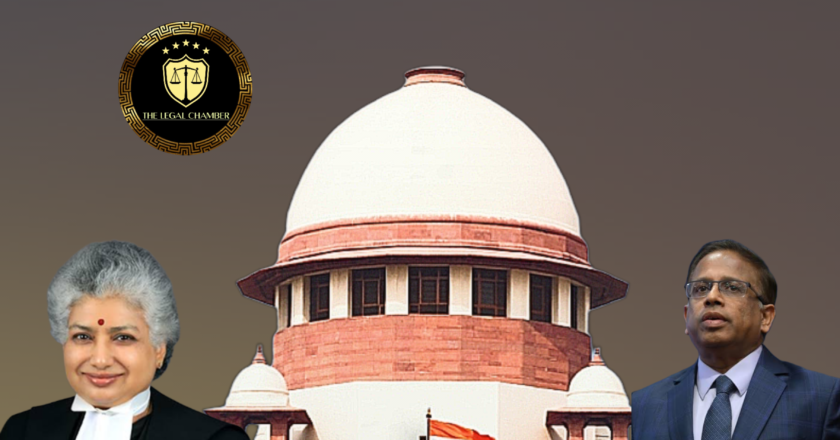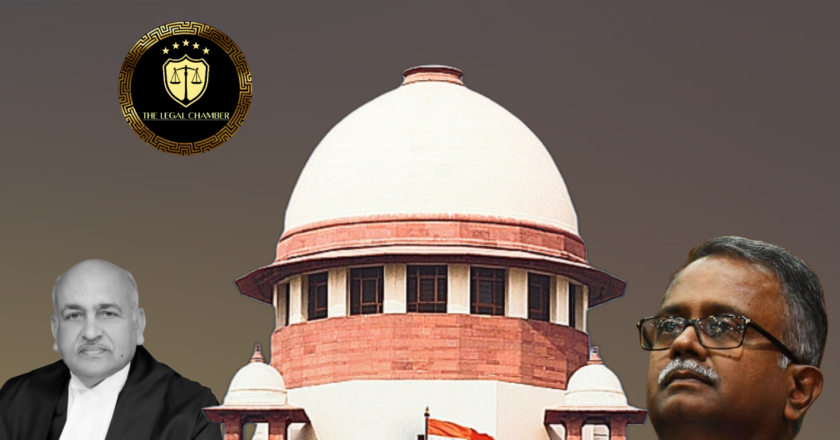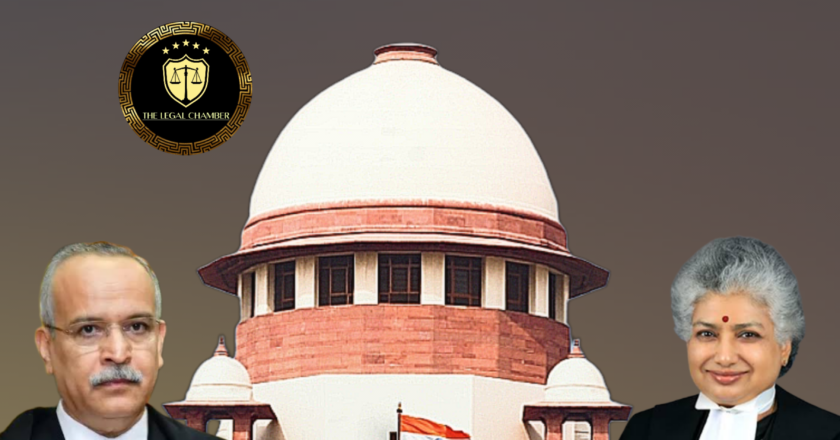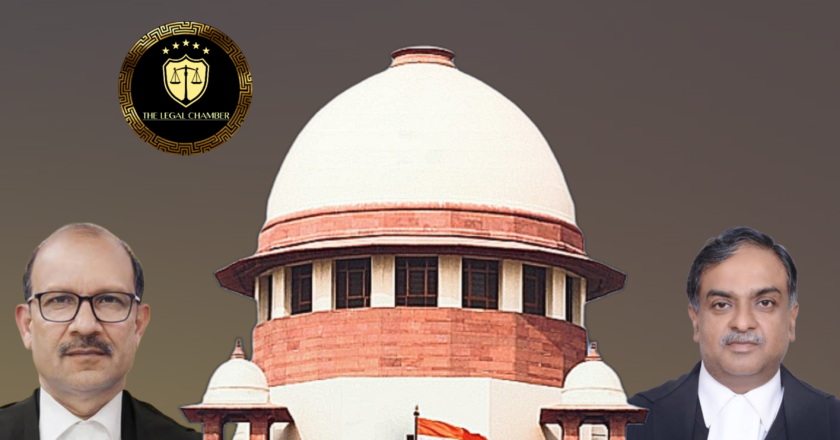Supreme Court : Courts Can’t Reopen Departmental Inquiries; Role is to Check Procedure, Not Merits
This Supreme Court judgment reaffirms the limited scope of judicial review in departmental inquiries. The Supreme Court held that constitutional courts cannot act as appellate authorities to re-examine evidence. Interference is permissible only for procedural illegality, natural justice violations, or manifest perversity, not to reassess the merits of the findings recorded by the disciplinary authority.
Facts Of The Case:
The respondent, Ramadhar Sao, was employed as a messenger (a Class-IV employee) with the State Bank of India. In 2008, the Bank received complaints alleging he acted as a middleman, taking bribes from customers to facilitate the sanction and disbursement of loans. A chargesheet was issued against him in 2010, accusing him of misconduct for acting as a conduit fo...

